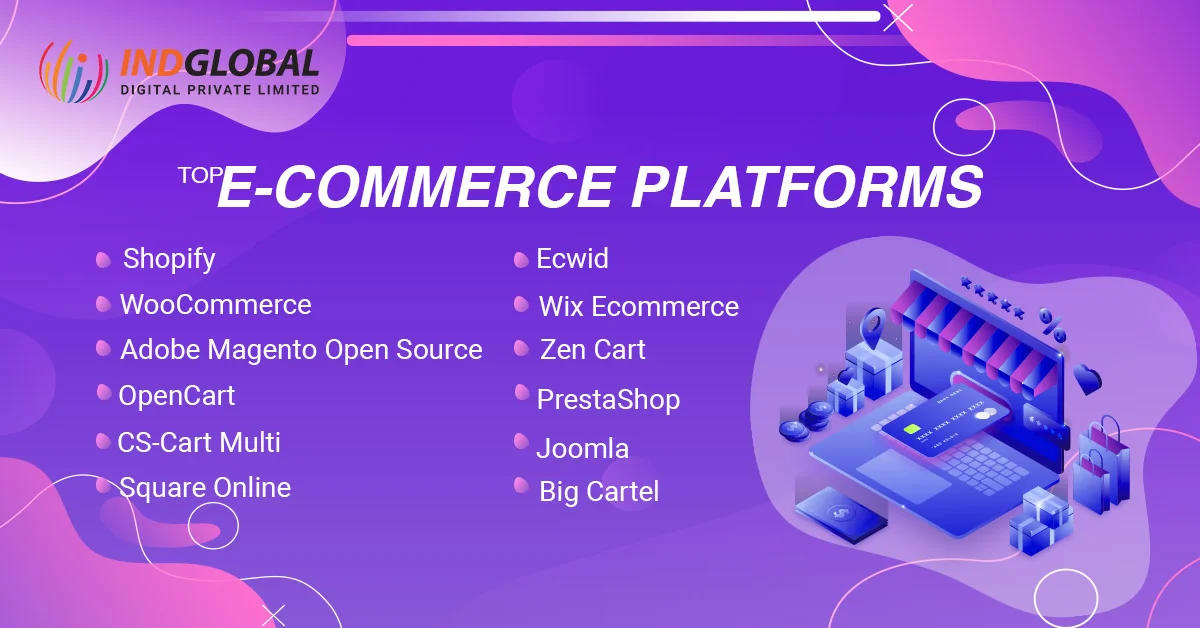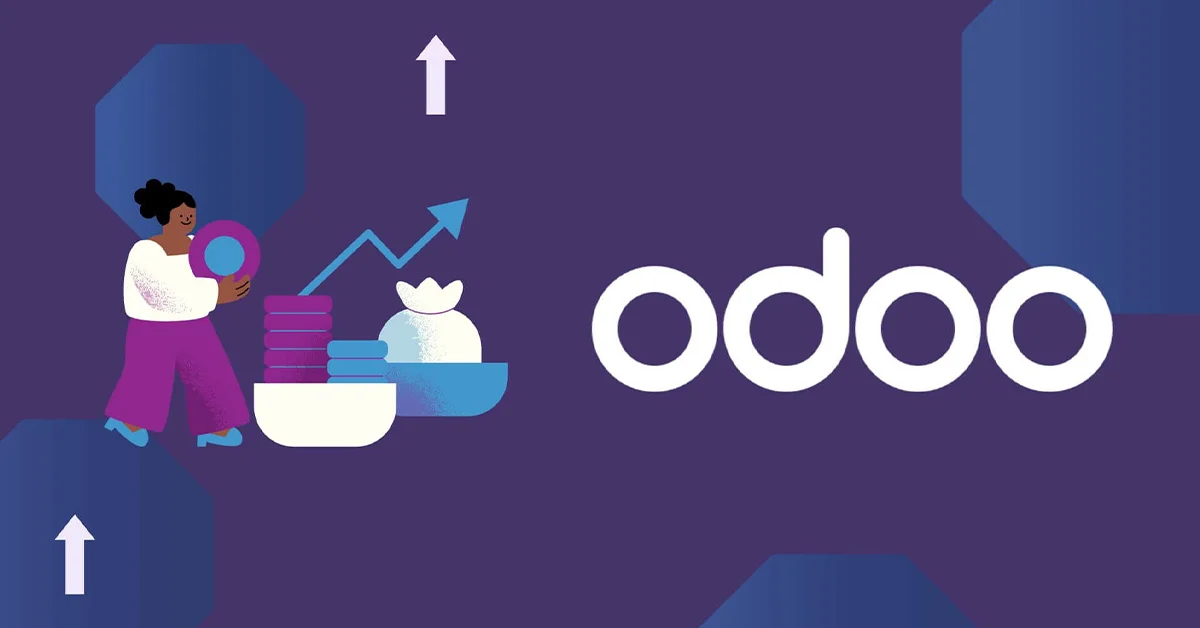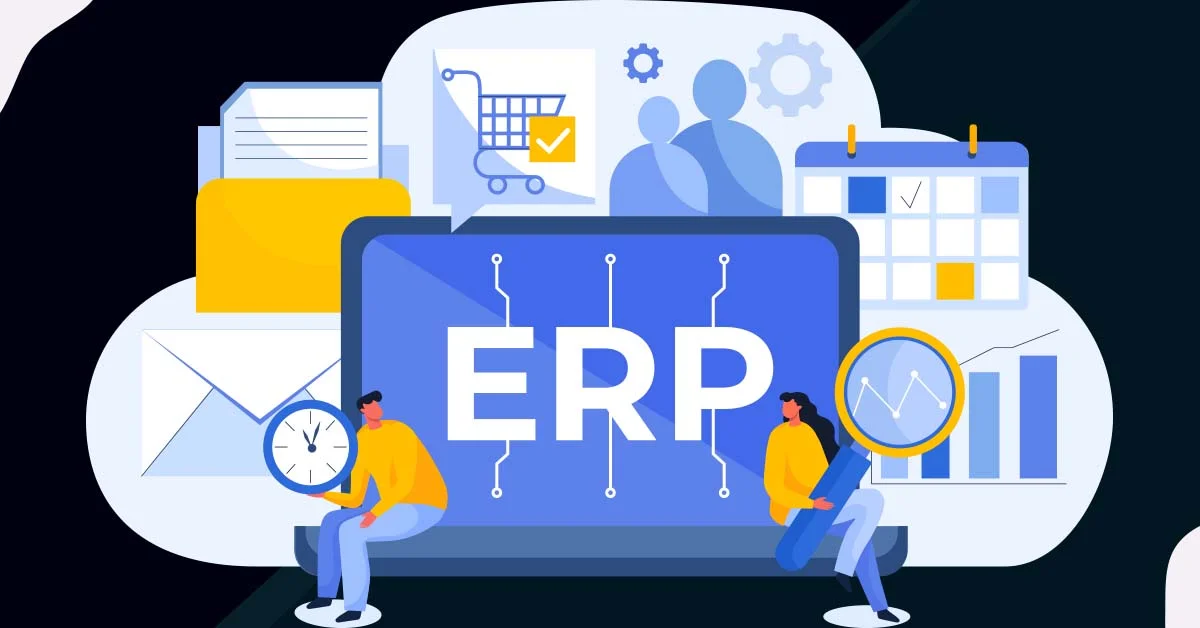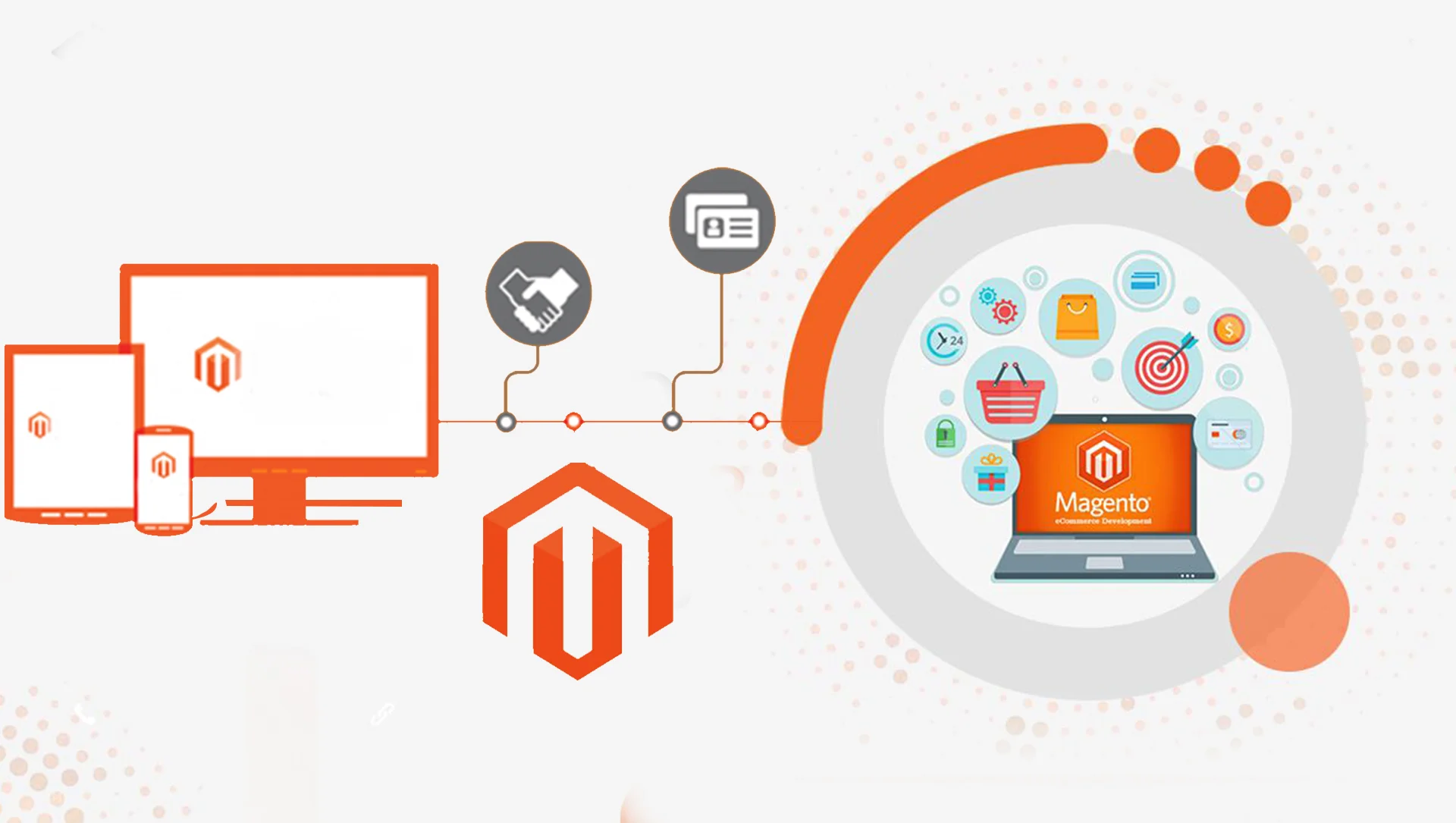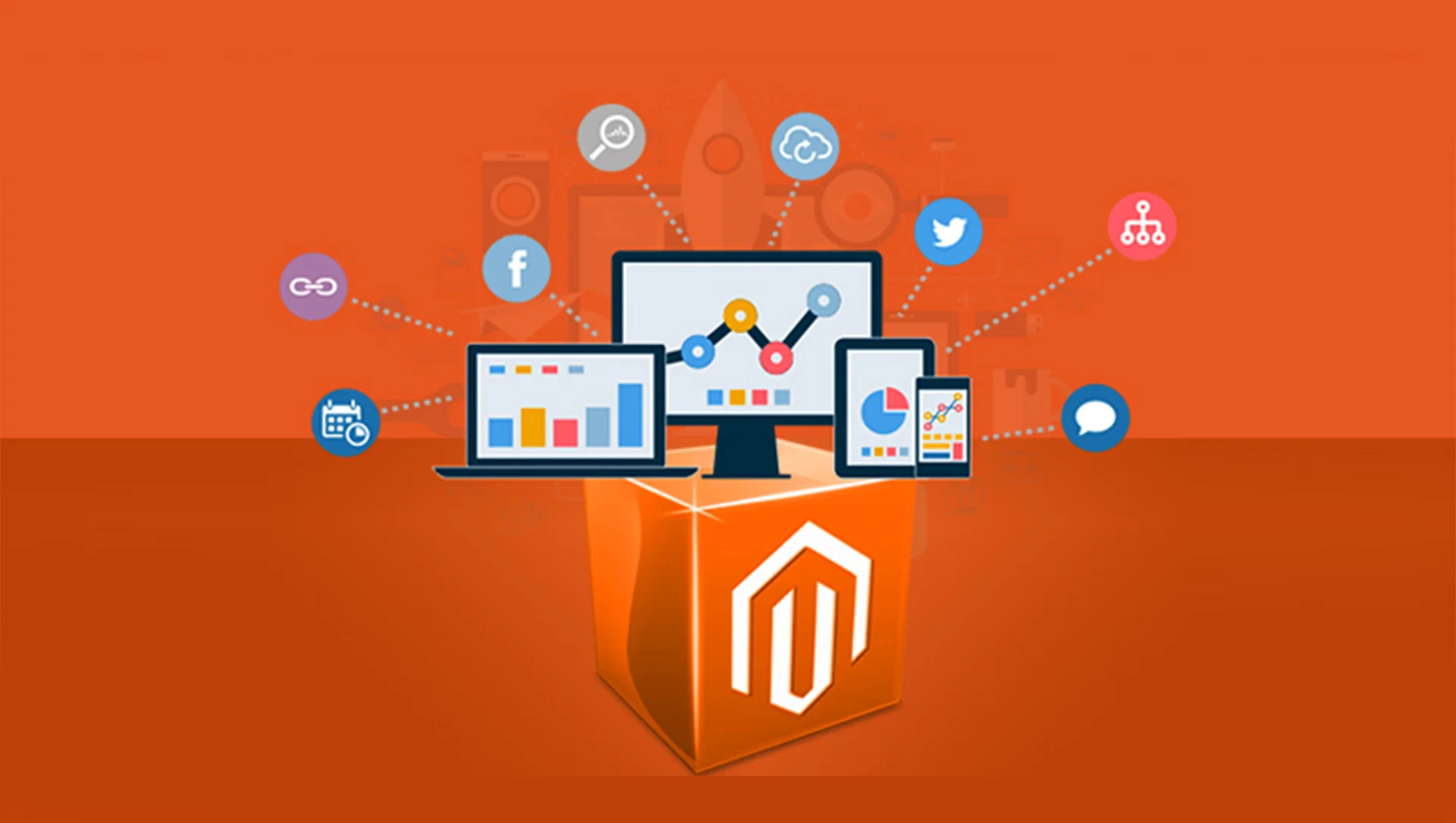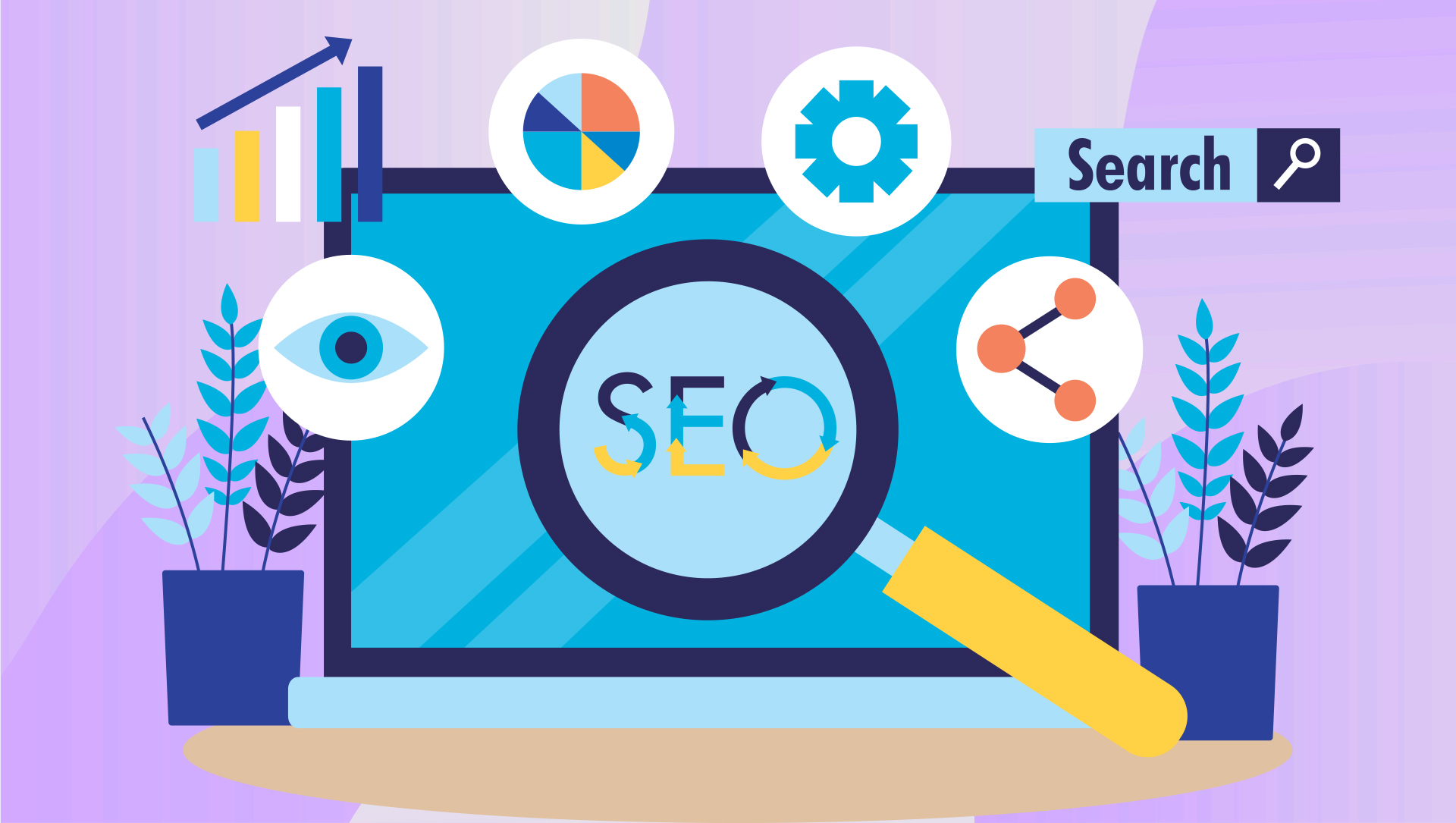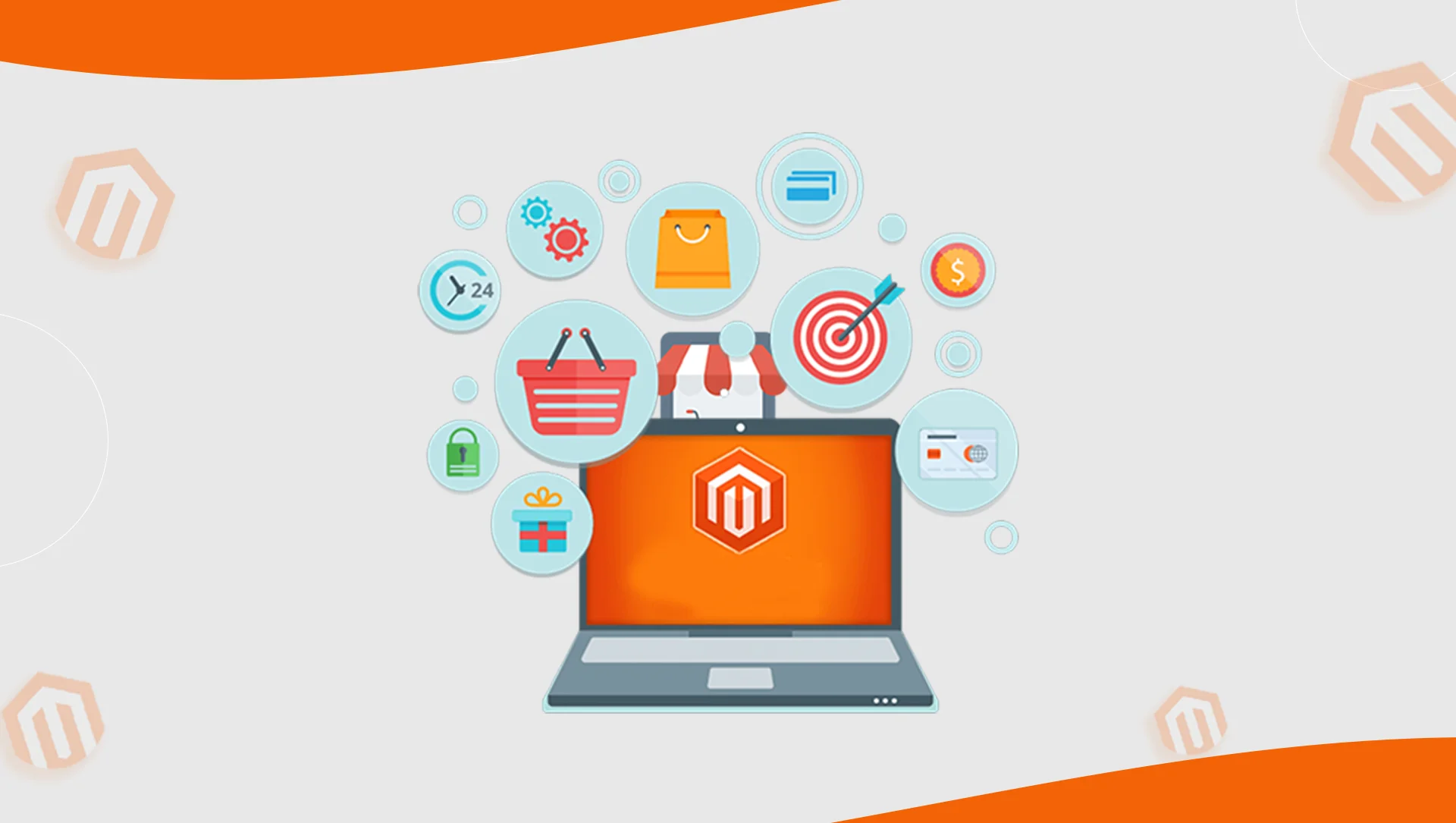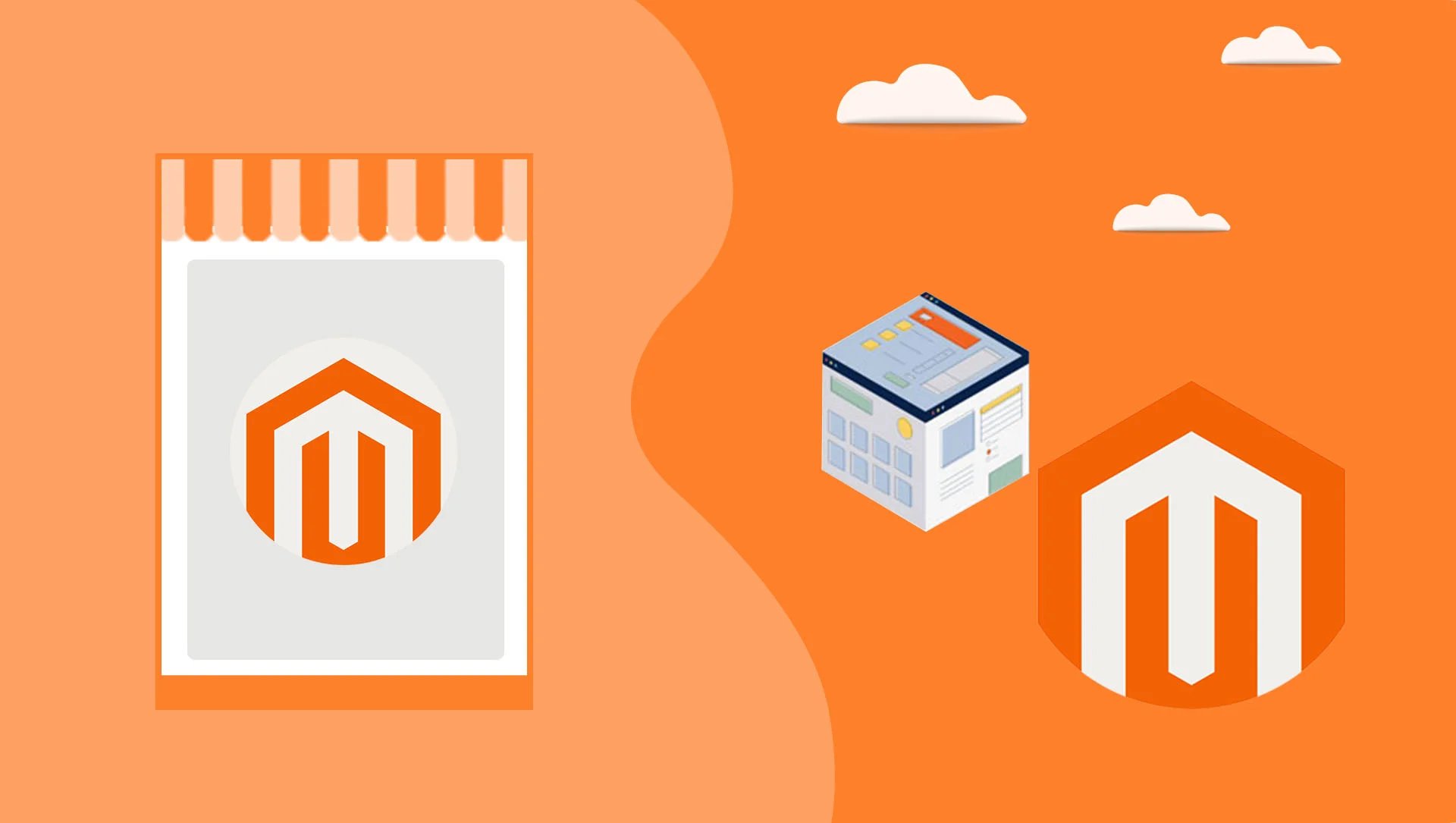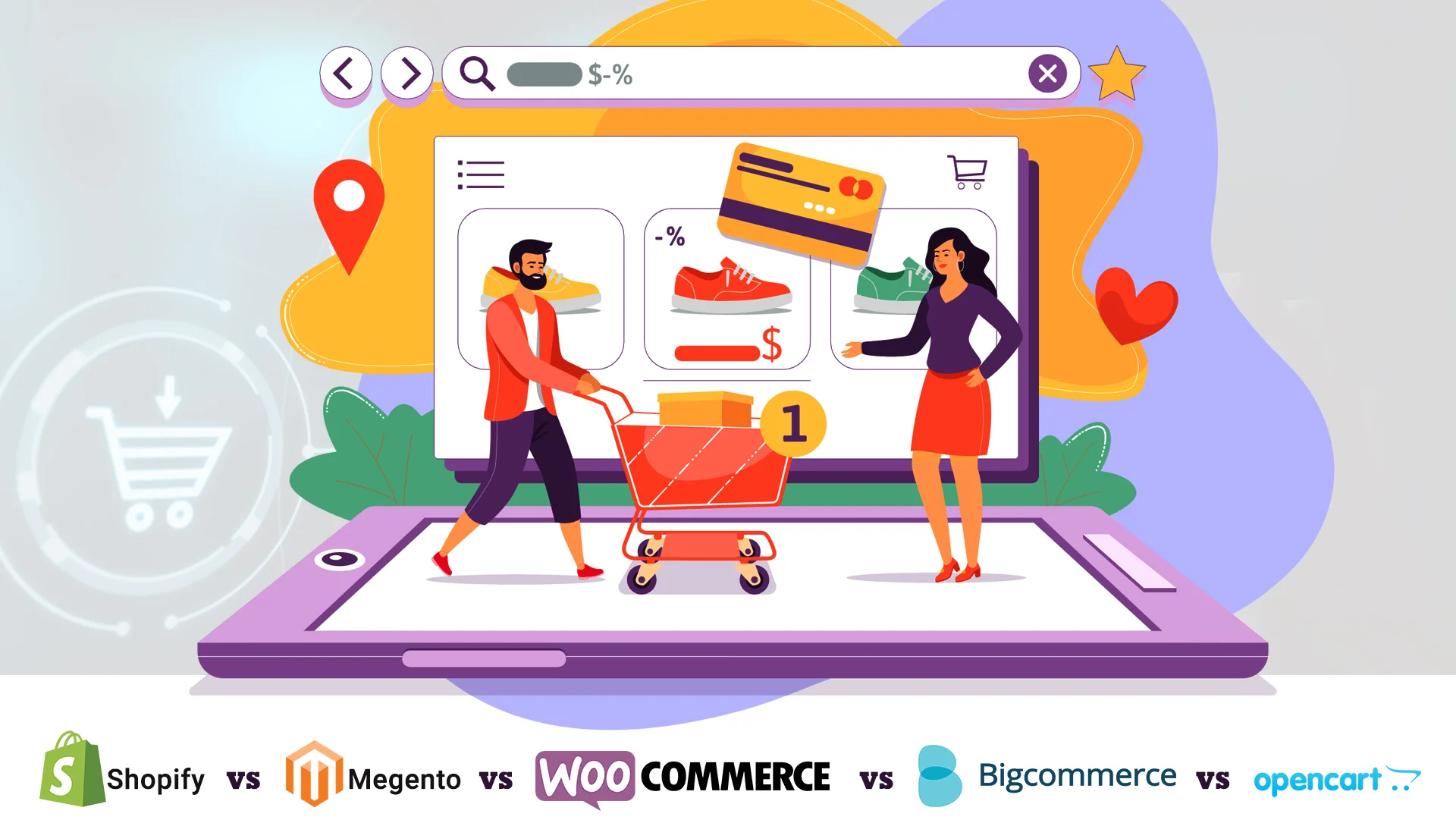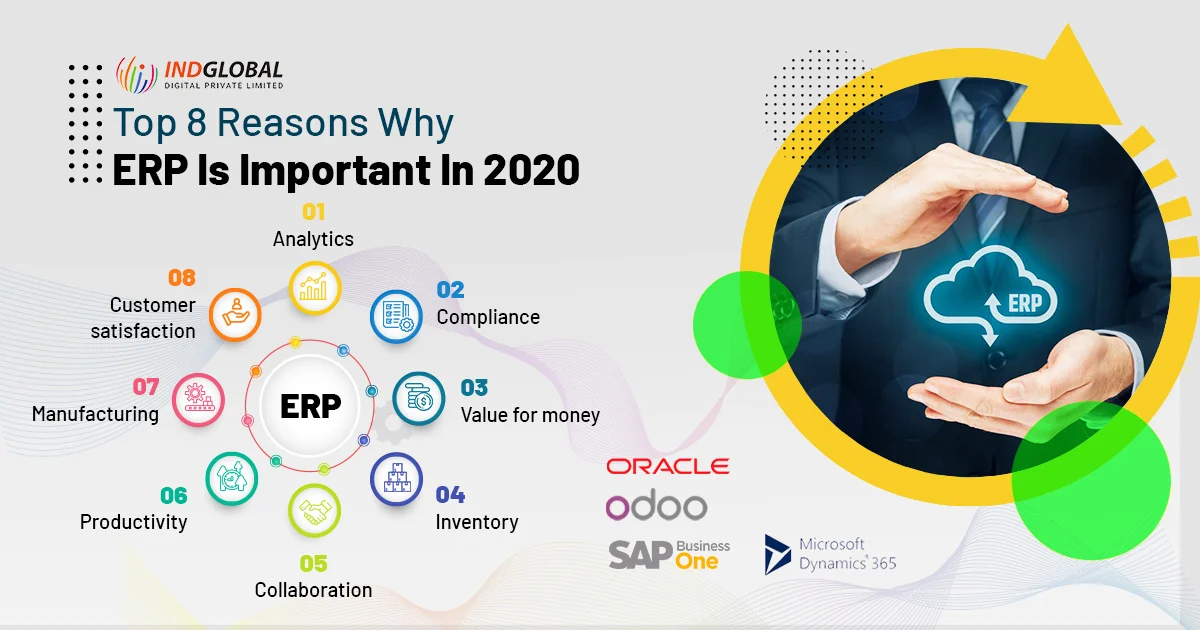The online industry is at a highly competitive pace, and so are the ecommerce web design platforms that empower them. According to G2, there are more than 370 eCommerce platforms currently available for businesses.
It’s seemingly difficult to wade through hundreds of options to find the suitable one and carry out a side-by-side comparison of each. As a leading company for ecommerce website development in India, in this article we presented a comparison of the overall features, performance, ease of use, design & themes of the topmost ecommerce platforms using real site data to enrich your knowledge on the ecommerce platform which can give you value to dominate your niche.
Top Ecommerce Platforms you can go ahead with in 2021
1. Shopify and Shopify Plus
Shopify
Shopify can be considered as one of the leading ecommerce solutions in the market with more than 1 million businesses spanning across 175 countries.
Shopify is one of the best suitable Ecommerce platforms for startups and medium size businesses that want to get ahead in a cost effective way when setting up their store. Everything that you need is already integrated into this platform right from storefront design up or content marketing till performance analytics. It’s relatively easy to upgrade your store once you have the basics set up along with a renowned web design company Bangalore, along with third-party extensions or even you can change the shop’s code itself.
Advantages associated with Shopify:
- Shopify Supports a lot of vertices such as Beauty & Cosmetics, Fashion and apparel, Consumer Electronics, Home furnishing and decor, food and Beverage etc.
- The Price is nominal. The basic shopify comes for $29/month and the advanced version comes for $299. There is another option of a 14-day free trial in shopify ecommerce website development Bangalore.
- You have an extensive option of Site building features that include Unlimited product listings and Custom domains along with AI/Personalization, Real-time sales statistics, Inventory tracking etc.
- It provides 24 hour chat support or support through phone , community forums and its online help center.
Usability:
It offers codeless store building tools and intuitive interfaces. Basic users have the option to choose from a wide range of pre-existing design templates.
There are a good number of add-ons and extensions available that can extend the capability of the store.
You have the option of analytics as well along with Google Analytics, Dashboard which aid in generating Product Reports, Export Reports, Traffic/Referral Reports etc.
Shopify Plus
Shopify Plus can be considered as an upgraded version of the basic Shopify platform targeted principally towards enterprise-level businesses. Shopify Plus offers additional benefits and services more suited to large and / or multinational companies.
Shopify Plus has an ability to simplify the complex technologies while still allowing it to handle product lineups of up to 100 variants across multiple channels. It also offers greater levels of technical and onboarding support, along with automation tools to help brands function at scale. Its price range begins at $2,000/ month. However the final price depends on the options selected. You need to learn their proprietary front-end customization language, Liquid, in order to customize Shopify Plus, or you can also hire a third-party agency that is well experienced working in Shopify Plus.
2. WooCommerce On WordPress– the Best Open Source Ecommerce Platform
WooCommerce is a WordPress plugin, so you need to install WordPress (open source) on your host, followed by installing the WooCommerce plugin onto the site. You need to Log in to your WordPress site, then go to: Plugins and Add New. Next, Search for ‘WooCommerce’ and select Install Now. Finally, you need to select Activate Now and you’re all set for the WooCommerce platform. It can automatically transform any WordPress website into a fully functional e-store, along with inventory management, coupons, and/ or product pages.
Advantages associated with Woocommerce
- The plugin for Woocommerce is free to download and install.
- It is integrated with all major payment gateways.
- With a WooCommerce theme, you just need to add content.
- You can offer several coupons and discounts with multiple other features with help of the extension library.
- There is fantastic support available with woocommerce.
There are 5 options within WooCommerce’s help centre that can provide you with following options
- WooCommerce 101 –This enables you to watch video material to give you an explanation for the page you are looking at.
- Help & Support – Links to documentation and the WordPress.org forum can be found here as well as the WooCommerce Help Desk
- Found a bug? – if you find a bug you can submit it here to the WordPress team with proper explanation and screenshots
- Education – WooCommerce has a host of partners to provide its users with courses and training
- Setup Wizard – this wizard takes you through the process of setting up various WooCommerce pages, shipping, taxes and payments.
3. Adobe Magento Open Source – The most Popular Open Source Ecommerce Platform
Magento has emerged to be one of the most popular open source ecommerce platforms chosen by any leading Magento ecommerce development company. It offers several features thereby opening up all sorts of avenues with regards to marketing like membership plans, recurring payments, and discounts etc. It further provides complete control over the design and the functionality of an ecommerce site. With Magento Open Source, you have the option to choose from hundreds of thousands of themes, and plenty of extensions to get your hands on.
Advantages associated with Magento:
- Magento is most used free. It is on the cloud, faster, and incorporates additional features like automatic email campaigns, upsell/ cross sell options etc..
- You have a long list of features that you can even extend including features like adjust content per user, ability to grind SEO, membership subscriptions, unlimited products, discounts, recurring payments and much more.
- Robust, feature rich and Strong SEO
- Plenty of users and community
- Scalable
- Highly customizable
- Flexible to choose where you want to host the software
4. OpenCart
OpenCart is actually easy to use and lightweight as compared to other open source Ecommerce platforms. It’s free and can be better for startups since it is not much time consuming to customize a website from scratch.
Also, due to the ease of use, the cost of setting up an e store decreases. The aesthetics and user experience has improved over the past years and is user-friendly.
Advantages associated with OpenCart:
- The download is free and the startup costs are pretty low. There are several beautiful themes which are available for free.
- The large catalog functionality works wonderful for order processing. OpenCart offers out of the box product options of different sizes, colors, length and height.
- Easy for the beginners and the learning curve is less time-consuming.
- OpenCart offers access to renowned payment gateways.
5. CS-Cart Multi-Vendor
CS-Cart is a renowned Russian software company. For beginners, there is the “CS-Cart” platform, which is a shopping cart software with all the essential features for getting an online store up and running. The CS-Cart Multi-Vendor platform, apparently, is a bit different. CS-Cart Multi-Vendor mainly is suitable for enterprises that prefer to build marketplaces. So, it helps you build your own marketplace with the corresponding features. The solution is self-hosted and an open-source framework, which features more than 500 ecommerce functionalities, including themes, and extra integrations.
CS-Cart Multi-Vendor is not completely free. It offers a 15-day free trial, which is followed by a 30-day risk-free purchase period.But, it’s totally worth the price since it offers almost everything inclusive of layout editor, a great SEO and marketing tools, an in-builtCMS, a user-friendly admin panel, a responsive mobile-friendly structure and integrations for more than 80 payment gateways and shipping services.
The interface allows you to customize your online shop without having to know how to code by using any of the customizable templates to design your store, sell and market your products. It’s aimed at those without so much web dev skills, but it also allows tech-savvy people to tweak the HTML and CSS.
I love BigCommerce themes; you will see advanced and buyer-centric templates in the store, however only very few are free. Two to be exact with variations on both making a total of seven free themes.
On the fly side, there’s a broad community of designers and developers. The partner directory helps you find experts for an extra hand.
As for pricing, the lowest plan costs 29.95/month. Some goodies like checkout codes, gift cards, unlimited bandwidth, and professional reporting come along. However, you don’t get a custom SSL or abandoned cart saver, but it’s still really good for simple stores not getting sales worth more than 50k per year. As the plan goes higher, so does the sales limit.
Pros
- Flexible and scalable
- Excels with multi-channel selling
- Strong SEO Performance
- Fantastic Theme Designs
- Comprehensive abandoned cart feature
6. Square Online – Overall the best Free Ecommerce Platform
Square Online fundamentally existed as a versatile payment solution for a long time until it finally decided to set up a multi-faceted business ecosystem. So far, Square increasingly facilitates merchants by dealing with many physical businesses. It offers a myriad of features and integrations that not only support commerce websites, but also brick and mortar businesses. Square also offers tools for all the critical online store functions- right from inventory management and sales up till marketing and team coordination.
But, the most outstanding feature is its ability to set up a fully functional ecommerce website for free. After you select a proper theme from the predesigned customizable options, you just need to make some tweaks to achieve the full online store experience.
Advantages associated with Square Online
- Setting up a complete ecommerce website is easy.
- Building ecommerce sites is free of charge and the subsequent pricing framework is straightforward and favorable.
- Square offers an exceedingly diverse ecosystem along with the third-party app integrations.
- You have the option of extending your ecommerce site on Pinterest, Facebook, and Twitter.
- Square is an efficient comprehensive selling platform which facilitates both online and offline selling.
7. Ecwid-
Ecwid refers to a shopping cart that can be integrated with any site to convert it into a fully-fledged online store. Ecwid mainly offers three paid packages. It provides a free option- which comes with decent ecommerce capabilities. You get a mobile responsive design along with unlimited bandwidth, two product categories, and support for 10 items.
Advantages associated with Ecwid
- Ecwid can be used to transform any site into an ecommerce website.
- Basic online store functionalities with Eckwid are ideal for startups and small scale businesses.
- The entire shopping cart is optimized for mobile.
- With Ecwid, you have the option to sell concurrently on multiple websites.
- It does not charge any transaction fees.
8. Wix Ecommerce
Wix is considered to be one of the most renowned cloud-based online store builders. Although the bulk of its packages are premium, Wix also offers an attractive free website. However, the best thing is even free users can experience the benefits of its intuitive drag-and-drop website builder for designing an entire ecommerce site without coding.
Advantages associated with Wix Ecommerce
- It provides an extremely straightforward yet simple and easy to use drag-and-drop website builder.
- The price is nominal.
- Wix includes an extensive collection of beautiful site themes and templates designed by professionals for better mobile optimization.
- Numerous apps can be leveraged from the extensive Wix App Market in case you are interested in adding functionalities to your premium site.
- Wix does not impose any share from your payments when you are selling your goods from your ecommerce website.
9. Zen Cart
Zen Cart was created so that people without website development degrees will be able to build their own online stores. Zen Cart is more user-friendly as compared with several other open source ecommerce platforms, so it might be worth it if you wish to scale up but you don’t have any advanced developer skills.
Advantages associated with Zen Cart:
- This ecommerce platform is known for its security, so you know that your site and customer information is well protected and it also provides some good security documentation.
- This platform is great for scaling up a store because of its wide arena of features and complete customization options.
- You have the option of sending out HTML emails from your website directly to leads and customers.
- The Zen Cart community enjoys a fantastic experience on hand.
- Zen Cart has multilingual options available in case you are looking forward to sell your goods internationally.
10. PrestaShop – Best Ecommerce Platform for Startups
PrestaShop is relatively recent in the ecommerce platform, but it’s earning a lot of popularity with its ease of use and the amazing interface that it provides. Another important aspect is that it doesn’t take much experience or professionals to install the plugin and get started for building your store which makes it pretty beneficial for the small start-up businesses. The dashboard is straightforward and simple. There is an onboarding video available,You have the ability to achieve most of the modules with just one click which offers better SEO working, Ads, social analytics and cross sell.
Advantages associated with Prestashop.
- Tons of apps/integrations available
- Strong SEO
- Open source very flexible
- Large and ready-to-help community
11. Joomla
Joomla has multilingual support and it is an open source ecommerce development platform available for growing global teams. There are several tools that provide flexibility and a wide range of templates. If you’re looking for a convenient way to make an elegant eCommerce website from scratch, then probably Joomla is the answer you are looking for. However, you need to put a little time and effort with Joomla into your website
12. Big Cartel
Big Cartel is not a kind of regular platform for typical ecommerce websites. It’s rather more optimized for artists and creators. You can prefer to use Big Cartel not only for constructing a specialized free ecommerce site, but also it gives you an opportunity to sell your artworks. The online store features are suitable for individuals and small businesses particularly. And you can rely on Big Cartel’s onboarding process in case you face challenges while setting up your ecommerce website to guide you accordingly.
Conclusion:
There are many other open source software which we haven’t mentioned here. The best part is each one of these is free and are constantly in development. That’s a huge additional feature if you’d like to scale up easily in the long term in a cost effective way. Even though open source ecommerce platforms possess their own advantages, you can rely on a non-open source solution such as Shopify, BigCommerce, or Magento where you only pay a small monthly fee, and don’t need to maintain your site as much or check for hosting. If you have any questions on open source ecommerce platforms, let us know in the comments section below.
Next Post ←
Integrate your ecommerce website development with an elegant mobile app to provide an enhanced experience!
RELATED ARTICLES
Request a quote or Talk to an expert
We guarantee a response in 6 hours or less. And the best bang for your buck.




